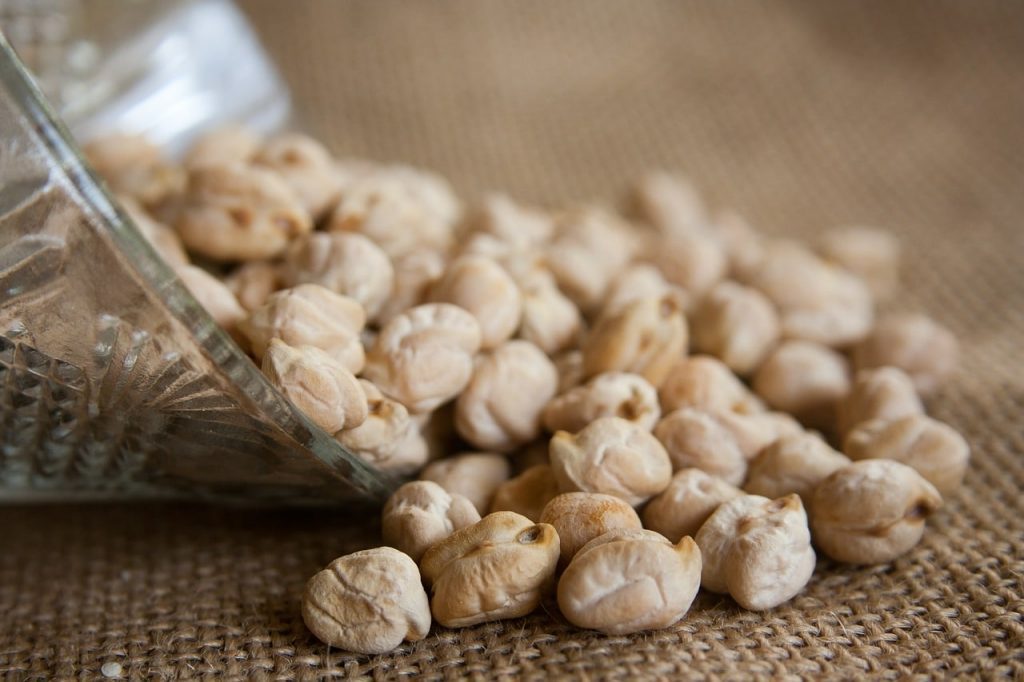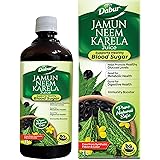Related Reading
3. Makes Weight Management Easy
Loaded with vegetables, incorporation of a Mediterranean diet can also increase your consumption of fiber. Fibers are the indigestible part of the food; thus a fiber-rich food when ingested requires more effort from the stomach in order to get digested. This helps in the body burn more calories while digesting than it acquires in the first place, making these fiber-rich food items an ideal candidate for a weight-loss diet. Moreover, since the fibers take a longer time to digest, they are responsible for keeping you filled for a longer period of time and prevents you from over-eating, a common phenomenon that leads to unhealthy weight gain.
Also Read: Super Foods To Reduce Belly Fat | Best Diet To Shed Tummy Flab

4. Promotes Gut Health
This plant-based diet is even more beneficial as it provides your gut with enough nutrients so that the good gut bacteria do their job with full effort. The gut bacteria are linked with the breaking down of the molecules of the food and make it easier for the digestive system to effectively digest and absorb the nutrients present in the consumed item. Moreover, according to a study, people who have been following a Mediterranean diet have more than 7 % concentration of gut bacteria (1).
5. Relieves Stress And Anxiety
A diet full of vegetables has been used to treat patients suffering from anxiety for long now, and the Mediterranean diet is not the one that lags behind. All of this is due to its beneficial properties towards one’s digestive health, for healthy digestion is often linked with a great mood. Carotenoids, a certain type of antioxidant, is known to help in the digestion and provides nourishment to the gut bacteria, thus it plays an important role in relieving stress and anxiety. These antioxidants are mostly found in kale, spinach, and eggs, all of which are the constituents of a proper Mediterranean diet.
6. Good For Arthritis
Due to the presence of omega-3 fatty acids, having a Mediterranean diet can actually help the people suffering from arthritis as it can quite effectively reduce the inflammation response of the body (2). Arthritis, though a lot of people are unaware of this, is an auto-immune disorder, which occurs when the immune system mistakenly attacks the joint, thus causing pain and swelling. When such diseases occur, the anti-inflammatory properties of the omega-3 fatty acids come in handy.
7. Prevents Age-Related Defects
The rich-antioxidant nature of this diet is linked with the decrease in the risk of contracting any age related disorder, as most of these disorders occur due to free-radical damage. And antioxidants, well, they are also known to lower the concentration of these free-radicals in the blood. Free-radicals, or the free oxygen atoms, tend to combine with healthy cells and exert oxidative stress over the cell walls, thus causing free-radical damage. Anti-oxidants on the other hand, tend to combine with these free-radicals before they get a chance to come in contact with healthy cells, hence a rich antioxidant diet such as the Mediterranean diet can actually help in the reduction of free-radical damage. Some of the diseases that it helps in preventing include Alzheimer’s and Parkinson’s.
8. Improves Skin Texture
The health benefits are not the only good that one can correlate with the following of a Mediterranean diet, in fact its effect on one’s beauty has also come into light, for the antioxidant-rich diet such as this one not only helps in preventing the skin cells from getting damaged by free-radicals, but it also helps the skin cells retain the water, which keeps them both nourished and moisturized. Thus, the incorporation of a Mediterranean diet helps in maintaining the skin structure and helps in preventing the signs of aging such as wrinkles and dark spots.
9. A Great Diet To Increase Longevity
Thanks to all of its benefits combined, following a Mediterranean diet can actually aid you in living a healthy life. It helps to reduce the risks of a heart stroke, by reducing the risk of free-radical damage it helps in preventing the age-related medical conditions and not to mention its highly effective effort on reducing the pain caused by arthritis. It would be safe to say, after carefully noting down all the necessary benefits associated with the consumption of a Mediterranean diet, that this meal plan can actually help you in living a carefree life.
Related Reading
Benefits & Side Effects Of Cashew Nuts (Kaju)
10 Best Benefits Of Almonds; From Weight Loss To Improved Bone Health And More
Things To Eat
Though we have discussed and mentioned the few basic ingredients that come together in a Mediterranean diet, it is now time for us to take a more informative look at what each of these food items have to offer.
1. Seafood
The seafood is a part of a Mediterranean diet that gives its omega-3 richness. Fishes like salmon, tuna and other seafood like shrimps, clams, oysters, all of these are part of a Mediterranean diet. These must be consumed at least twice in a week.

2. Spices
These are the main part of a meal that provides it with taste. The herb and spices which are included in a Mediterranean diet include garlic, rosemary, cinnamon, and pepper.
3. Eggs And Dairy
These constitute the protein part of the diet. Both, the eggs and the dairy products, are rich in protein, which further helps in the proper development of one’s body, as they aid in the development of the muscle tissues.
4. Grains
It is advised for you to avoid refined carbohydrates, but, as mentioned in the 2nd point of the benefits of the Mediterranean diet, wheat-berries, buckwheat, and quinoa all can be quite beneficial in lowering the blood’s sugar level.
5. Legumes
Loaded with fibers and proteins, these help in providing the Mediterranean diet with its weight loss benefits. Food items such as peas, chickpeas, peanuts, all are part of a Mediterranean diet.

6. Seeds
A proper Mediterranean diet includes the consumption of a handful of seeds each day. Some of the most common seeds included in the Mediterranean diet include pumpkin seeds and sunflower seeds.
7. Healthy Fats
Consumption of healthy fats is a major factor that affects one’s well-being whenever one follows a Mediterranean diet. Some of the sources of these fats include olive oil and nuts.
8. Vegetables And Fruits
A Mediterranean diet is nothing without its fresh veggies. Vegetables like broccoli, kale, cucumber, cauliflower and fruits such as apples, bananas, oranges, dry-fruits and melons, all play a huge role in providing the consumer with the required nutrients.
Related Reading
The Mediterranean diet is quite healthy and safe when you look at all of its constituents, for something that comprises of everything healthy ends up being healthy none the less. Moreover, being rich in fibers, proteins, vitamins, and healthy fats with a little dose of carbohydrates, there is no other way to say this, but the Mediterranean diet might just be a perfect way for you to reach your healthy lifestyle goal.




